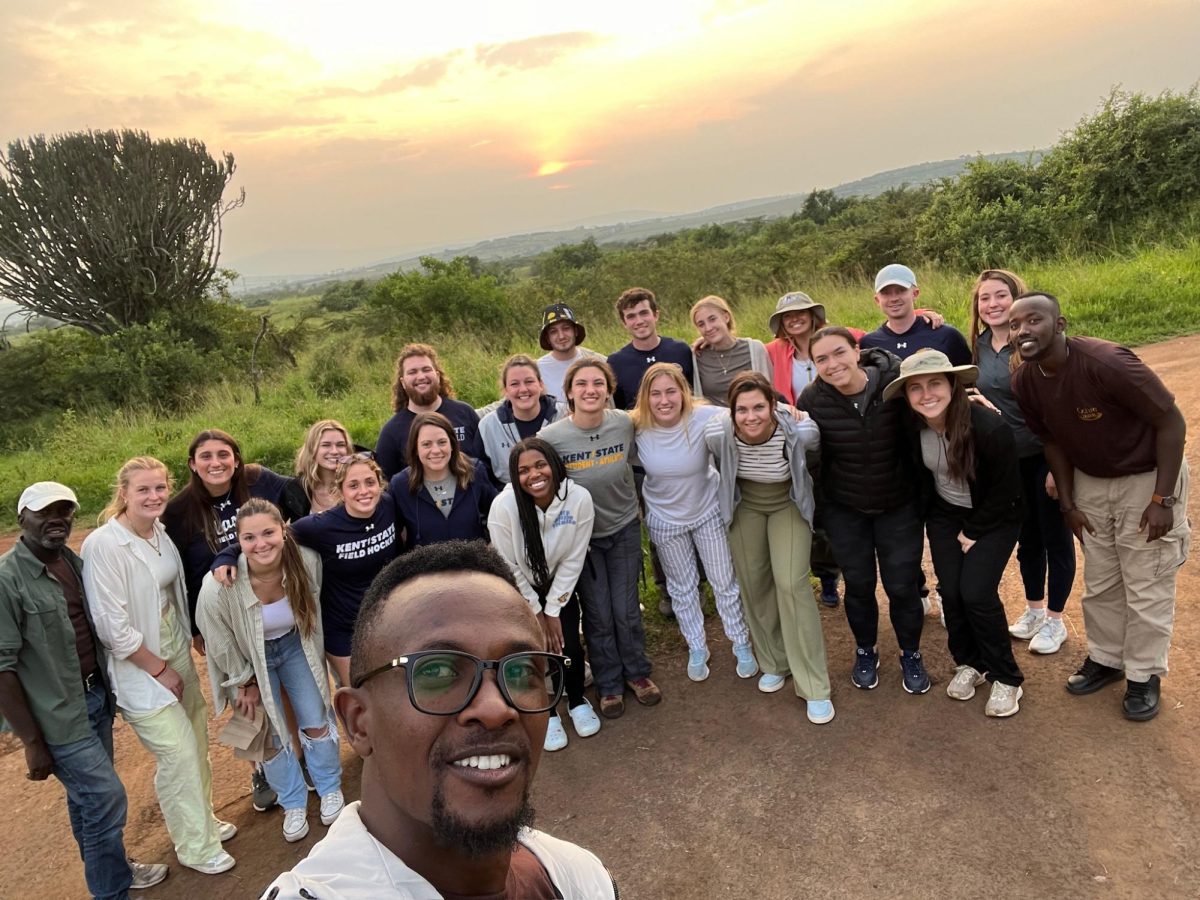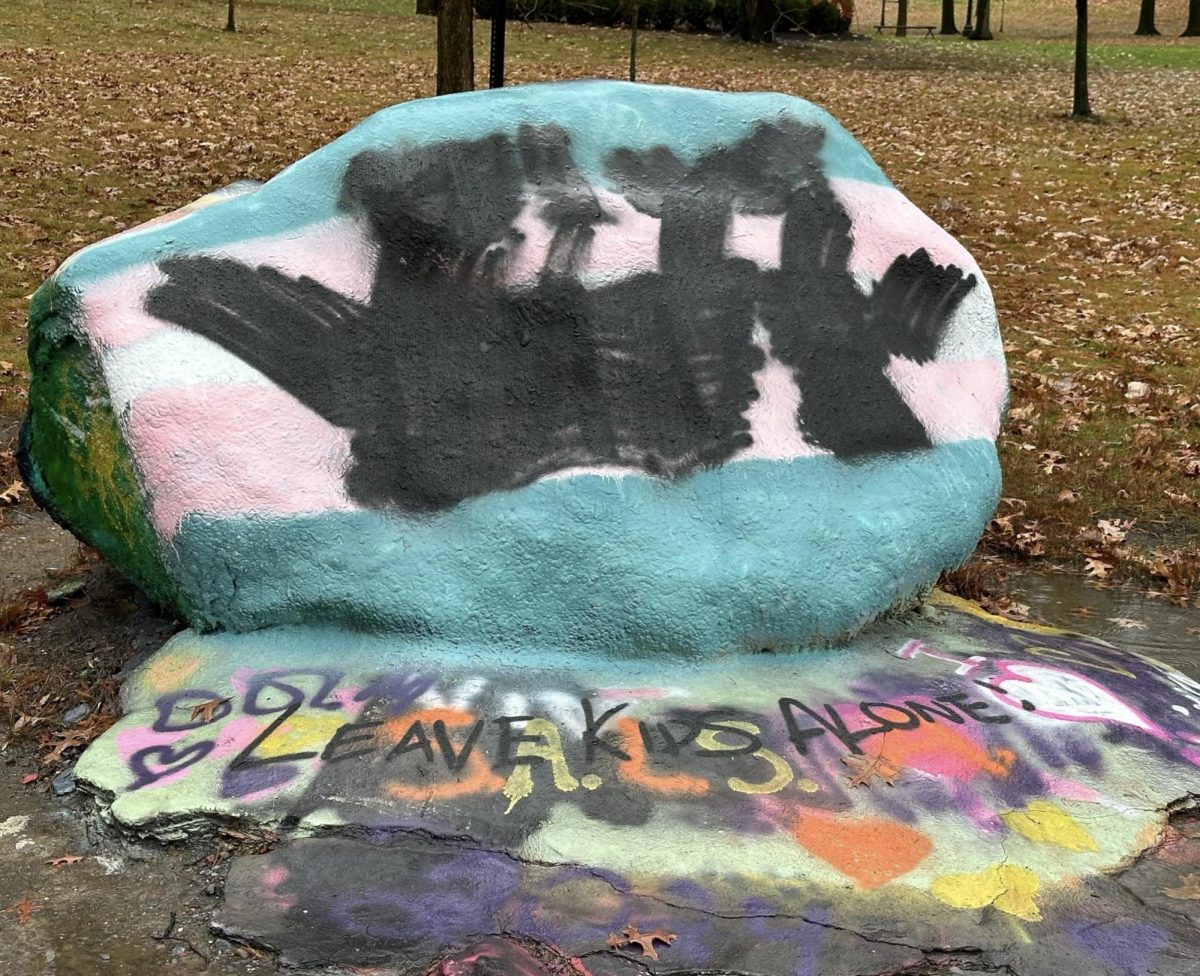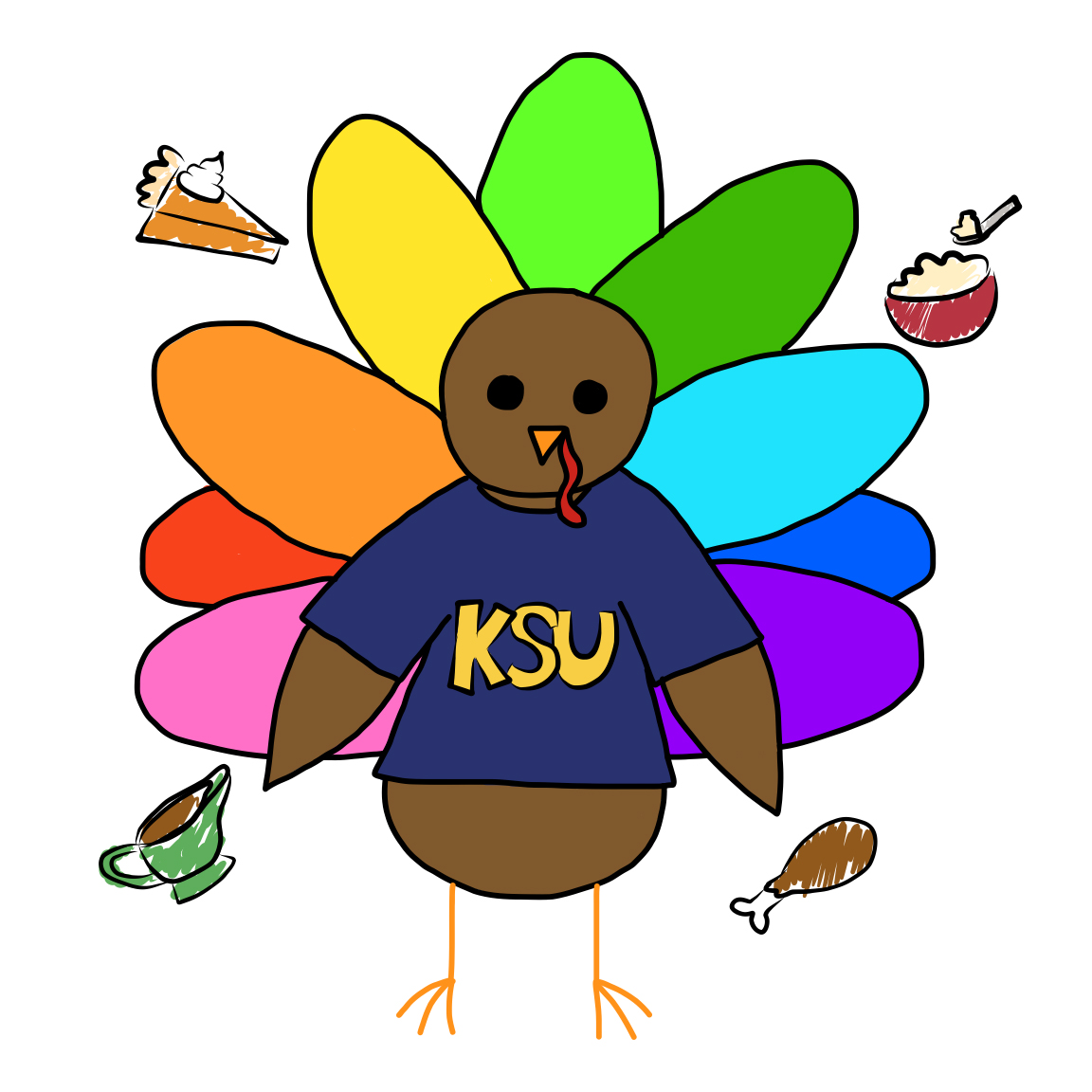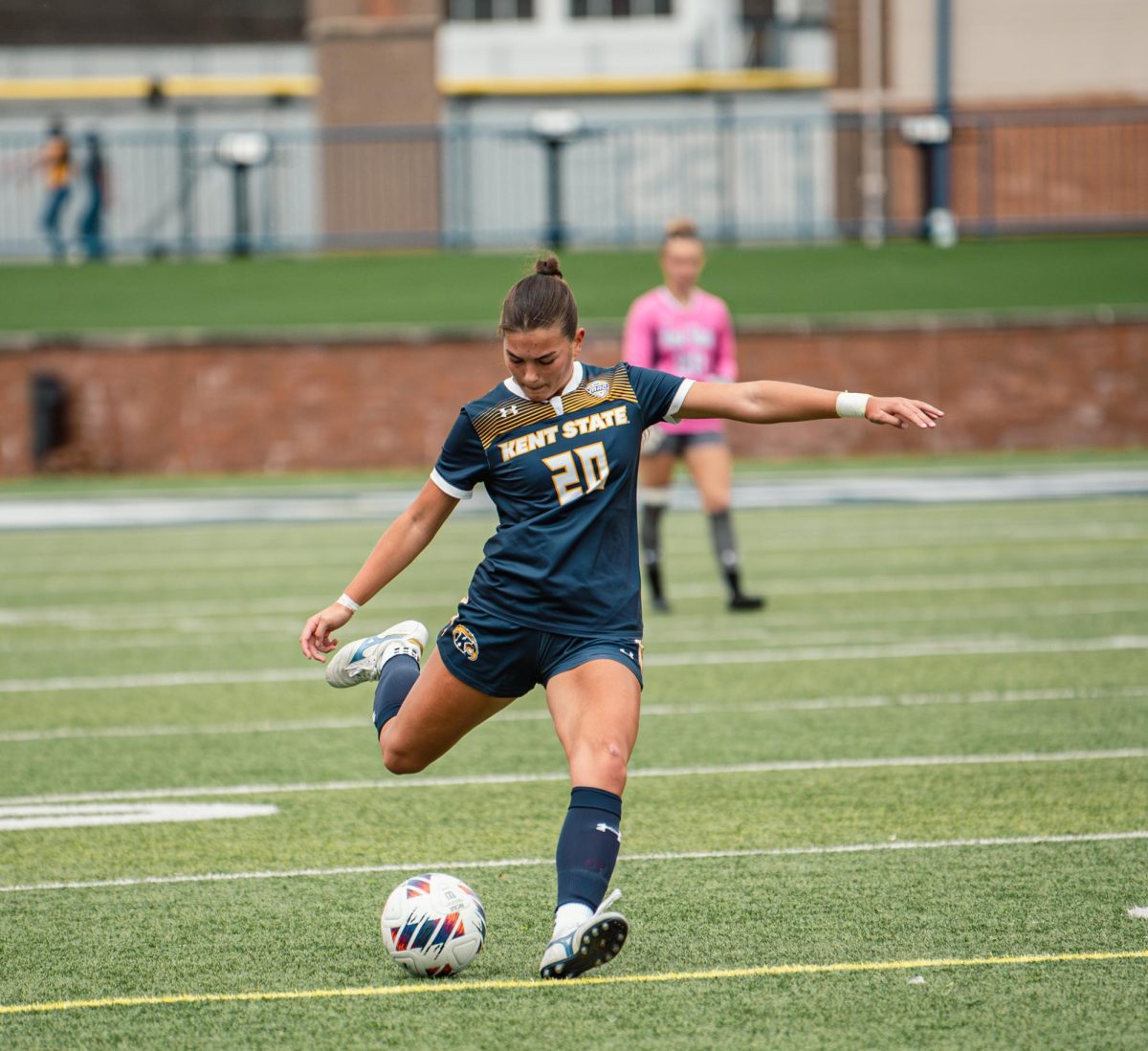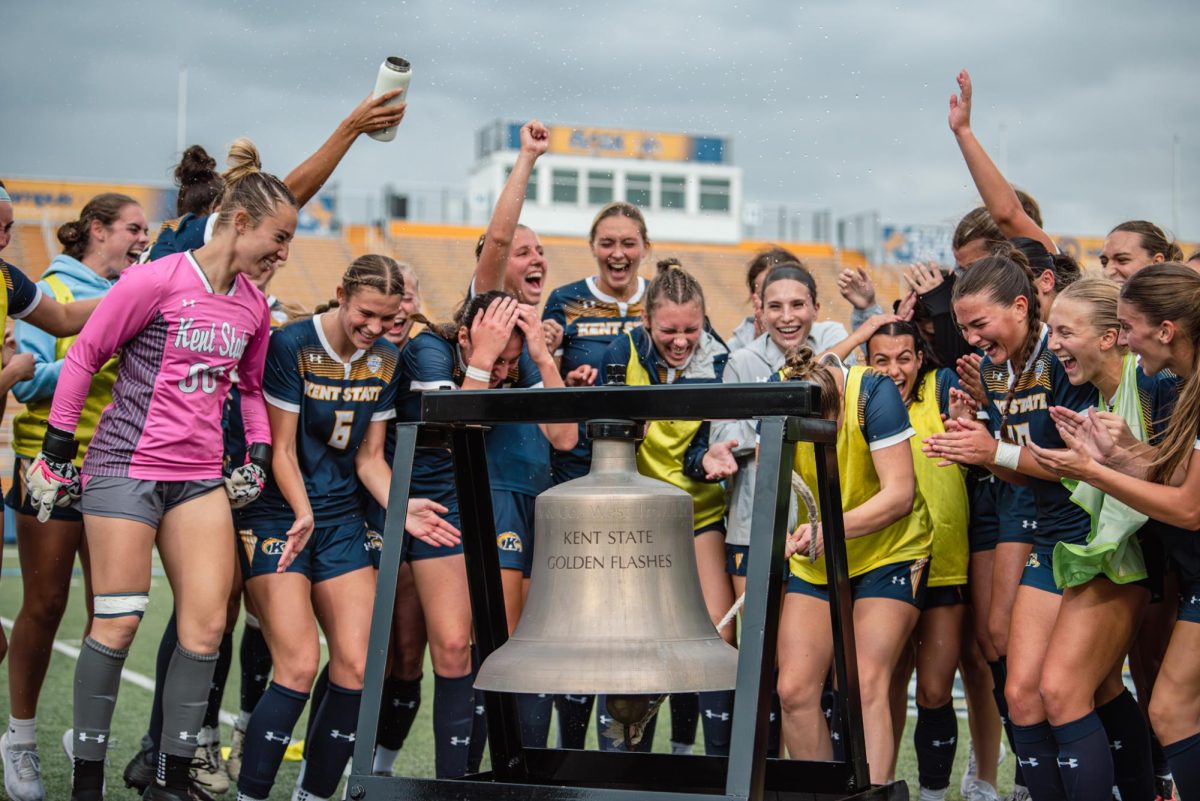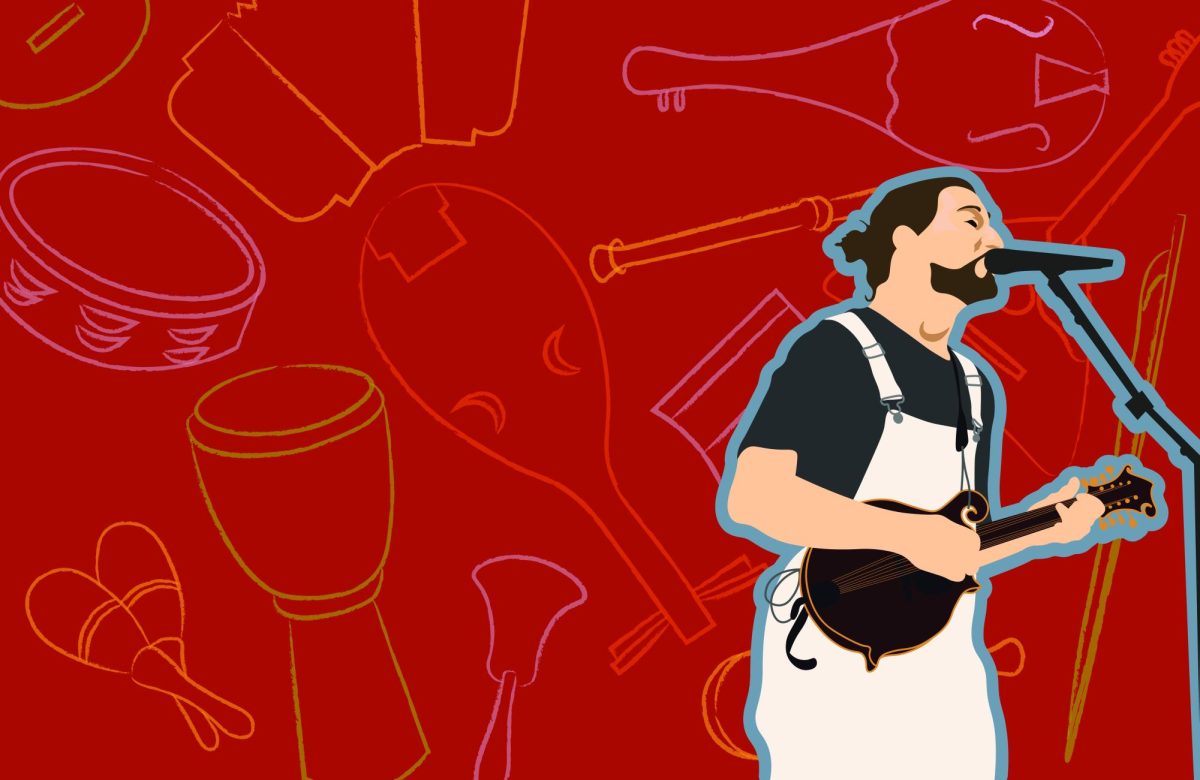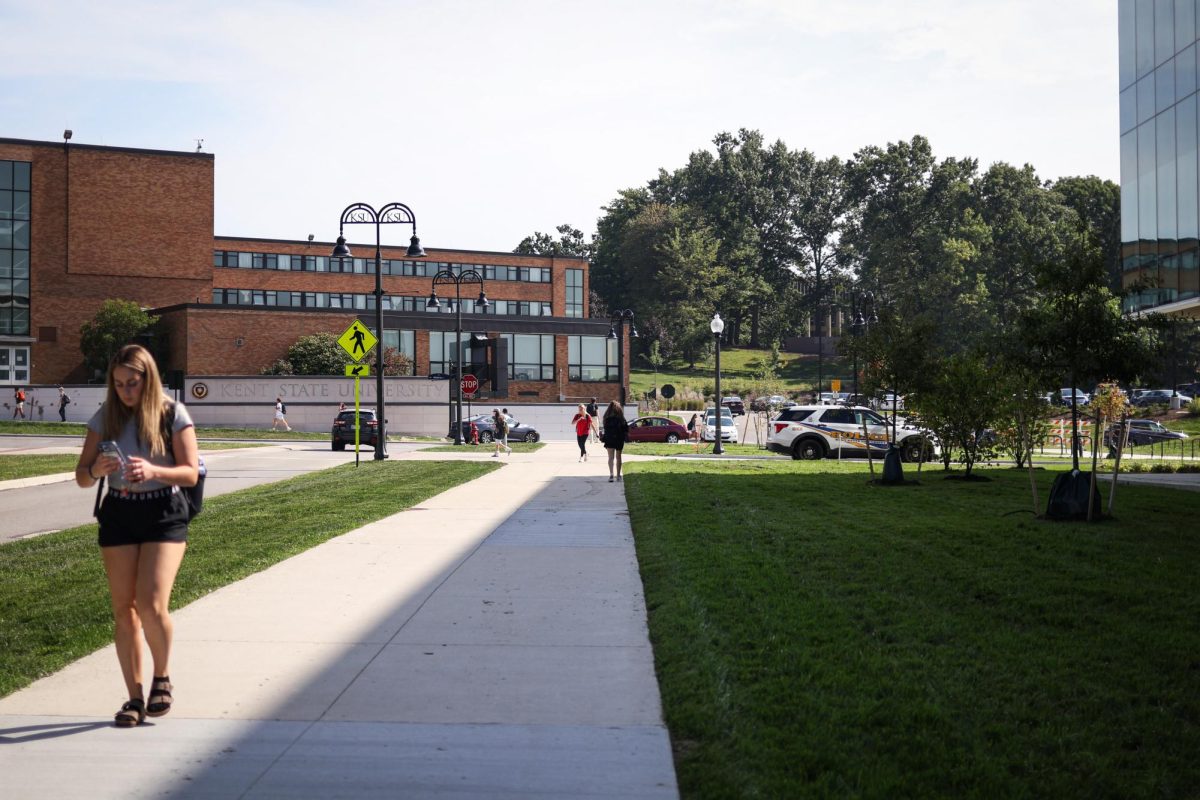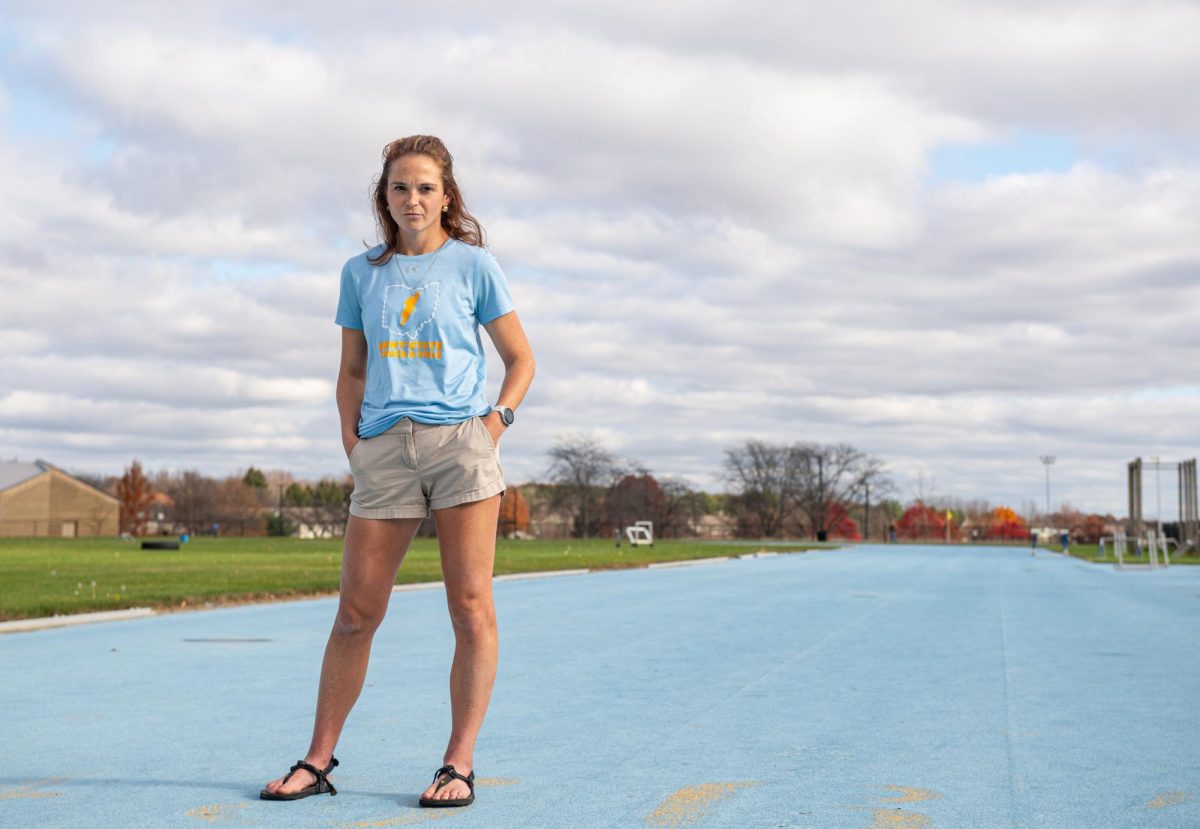Twenty student athletes, administrators and staff members traveled to Rwanda in January on a service trip where the group learned about the community and the effects of the Rwandan genocide.
Plans for the trip started with a native Rwandan, Pacifique Niyonzima, who was a graduate student at Kent State at the time, said Katie Schilling, the Assistant Director of Student Athlete Development and Alumni Engagement.
Niyonzima, now a worker for the Kent State Center in Rwanda and Africa, created the connections between KSU and the University of Rwanda.
“He had brought the president of the University of Rwanda to campus, along with his delegates, and we showed them our athletic facilities,” Schilling said. “After, we talked about how great it would be to bring our student athletes over to Rwanda to share the influence of sports on society and how the different things sports can bring to cultures.”
Although the plan was off to a hot start, work still needed to be done, Schilling said.
“We met a guy that has his own company in Akron, and he shared that he works with another organization called ARISE Rwanda and thinks that it would be great to have our student athletes participate in a village, and so we started building the plan,” Schilling said. “We would spend half of our time in Boneza with the ARISE Rwanda group, and then half of our time in Kigali, the capital, learning about anything from the policing to more about the genocides, and also we met with the developmental board, as well, about tourism and sports and how they’re looking to expand that over the next few years.”
The trip to Rwanda comes off a five-year hiatus in which the athletics department did not partake in any service-related activities internationally. The most recent service trip was in 2019, when the department traveled to Costa Rica.
“Our next one was supposed to be in 2021, and with COVID, it obviously did not pan out; we couldn’t travel internationally,” Schilling said. “As we started talking about new trips, we did have a leadership change within athletics, so I had to go through the whole process of getting the trip approved, trying to raise money, and alleviating part of the budget for it. It just took a little bit more time because we have staff changes.”
Current Athletic Director Randale Richmond was hired in April 2021.
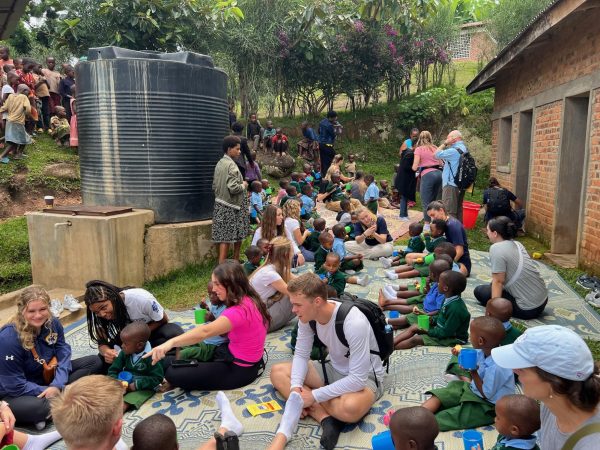
Schilling said the department wanted to mirror service trips it had done in the past, but the plan ultimately became a little different as the plan progressed.
“We had done service trips in the past with another company where we built basketball courts for communities, and we had talked about trying to do that in Rwanda,” Schilling said. “It just didn’t line up, so we decided, this time, to look at working on our own, outside of an organization, and working with the Kent State Global Head Office to create this trip.”
Once the plan was fully set up, student athletes could volunteer to be a part of the journey by filling out applications.
“Each student athlete and staff member had to write their ‘why,’ and it was the student athletes who really took the time to research about Rwanda and the genocides and how it aligns a lot of them with their majors – those were the first ones that were going to be selected,” Schilling said. “And then it was really just a rating system based on the essays that they wrote. We don’t just handpick anyone – it’s all volunteer through essays.”
In the end, 16 student athletes were selected, and five different teams were represented.
Schilling explained that the trip was paid for mostly through donations.
“We had multiple donations for different parts of the trip – we had a very generous donor who paid for the portion of Boneza, and we had a few other donations with that,” she said. “It came from donors, and we have a fund that is for student athletes initiatives only. It can’t be used for bottom-line budget stuff – it comes from the NCAA, so a portion of the trip was funded by that.”
The student athlete initiative fund can cover the cost of food, school supplies, scholarships, or other items. “It just has to be directly impacting the student athletes,” Schilling said.
In a follow-up email, Schilling confirmed that the total cost of the trip was around $1,500 per person, close to the average price of other school-funded service trips. The trip’s total cost was around $30,000.
With everything confirmed, the trip was set to begin, and on Jan. 2, the group arrived in Kigali, Rwanda’s capital city.
From the start, the trip’s mission was straightforward for Schilling and her group.
“For us, the main thing was education about the genocides and how that has affected their country,” she said. “But then the other portion of it was going to be sharing the love of sports and running sports camps in Boneza, but it ended up being a lot more than that. I think we learned a lot more than we ever thought we would learn, but it was just one of those trips where you learn something new every day and something that you can bring back and use on a daily basis.”
While in Boneza, an impoverished village in western Rwanda near Lake Kivu, the group set up soccer, volleyball and basketball camps for 500 children.
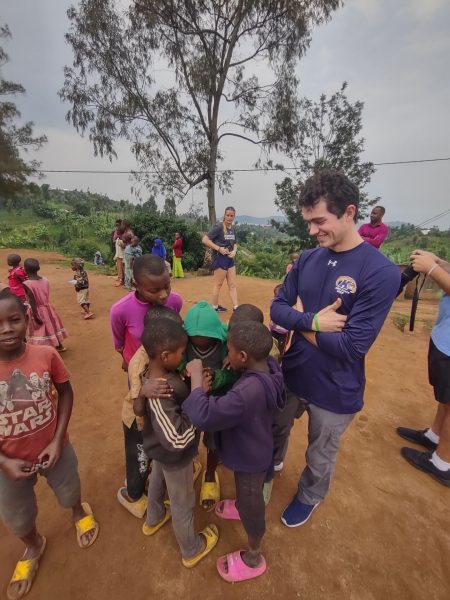
“Obviously, when you have 500 kids coming from all around the different villages, it gets a little hectic, so we adapted,” Schilling said. “We had four soccer players with us, but everyone else just grabbed a ball and grabbed a group and played with them.”
The team also used the opportunity to give back to the community while they stayed in the country.
“We also were able to give away over 200 pairs of shoes to some of the kids who either their shoes didn’t fit at all, or they didn’t have any,” Schilling said. “We were able to give shoes out and then also donated over 200 soccer balls to the community. Boneza is one of the poorest villages in the country – most of them still don’t have running water or electricity, so they make their soccer balls out of plastic and banana leaves. It was cool to see the difference and how excited they were to actually have a soccer ball. And then for our student athletes to see how much soccer means to them over there was really cool to see.”
After running the camps, the group did some touring of the country, as well.
“We went to the Genocide Memorial, the reconciliation village, and then we visited with other women in Boneza that live together,” Schilling said. “Currently, one is a survivor of the genocide, and the other lady who lives with her now, her husband was the perpetrator that killed her whole family. We got to experience them telling their story of forgiveness and living together and how they’re best friends now, and the power of forgiveness that the whole country has taken on over the last 30 years.”
The Kigali Genocide Memorial is located in the capital city and is described as a place of remembrance and learning dedicated to the victims of the genocide. The memorial promotes reconciliation and builds peace through education.
The Rwandan Civil War set the genocide in place, which occurred for over three months, from Apr. 7 until July 15, 1994. An estimated 491,000-800,000 Tutsis were killed in the genocide – about 75% of the ethnic group.
The reconciliation village serves as a means of repairing communal divisions after the Rwandan Civil War and Genocide. The process places ex-perpetrators into villages where survivors and families of the victims live.
After the group received its education on the country and served the community, Schilling said the group was able to enjoy some free days, as well.
“We had a few down days, but other than that, every single day was different,” she said. “When we were in the village, we stayed with another group and got close to them. The student athletes would just go out and they would walk the village. We would visit the local schools and see how the school was run, and then most of it was all education after that. So we had about two days of free time – we did go on a safari as one of their fun activities that we got to do, and then the other days were really packed with visiting the National Police, the University of Rwanda and the reconciliation villages.”
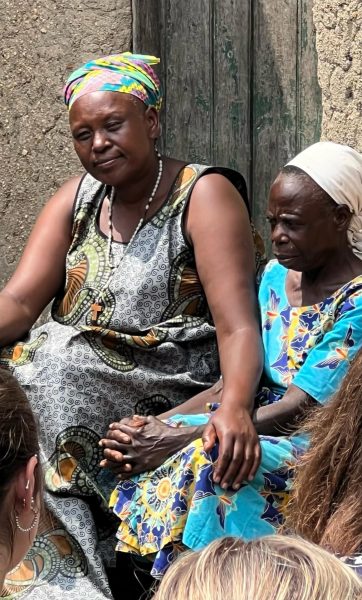
After the learning and the fun was had, the team departed from Rwanda on Jan. 13 and returned to northeast Ohio.
Although no destination has been set, Schilling hopes that the next service trip will be in 2026 and is working and collaborating to set it up.
“We’re hoping to continue this every two years, so it gives every student athlete at least one chance to apply for them and have the opportunity to go because we have to do it in the different seasons.”
Despite returning recently from the trip, Schilling said that she has “been in talks with Marcello [Fantoni], the VP of the Office of Global Education.”
The talks have focused on “expanding and looking at different trips for athletes and trying to possibly work with Global Ed on shorter trips,” Schilling said. “The hardest part with athletes, and why we do these trips, is that they don’t have the opportunity to study abroad with their seasons and with how eligibility works with the NCAA. These are opportunities for them to explore and learn.”
John Hilber is Assistant Sports Editor. Contact him at [email protected].


